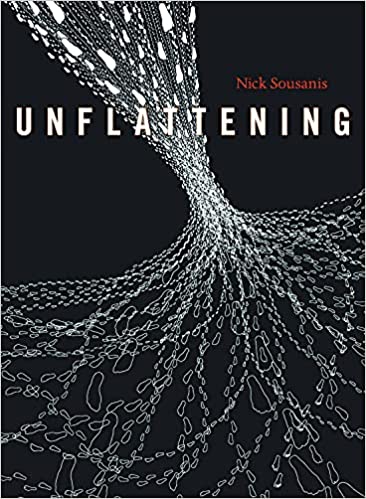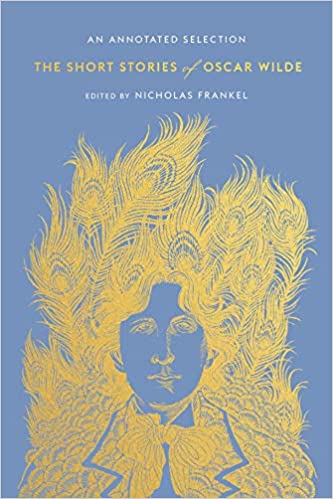Fiction
Featured Products
WHY THERE ARE NO NOYONTARA FLOWERS IN AGARGAON COLONY
₹299.25
M.R.P.:₹ 399.00
You Save: ₹99.75 (25.00% OFF)
THE ADVENTURES OF SIRDAR - THE CHIEF OF THE HERD
₹220.00
M.R.P.:₹ 250.00
You Save: ₹30.00 (12.00% OFF)











